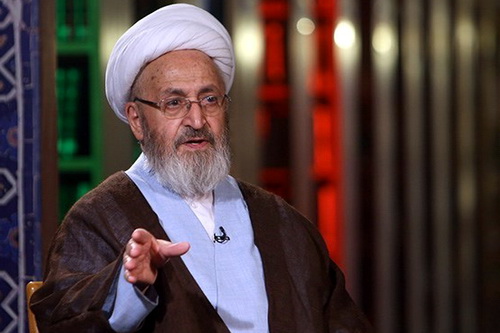Hawzah News Agency – Divine Decree (Qada) and Measure (Qadar)
Belief in the principles of qada and qadar is of extreme importance in Islam, figuring prominently in the divine Scripture and in the hadiths of the Prophet; it is a belief that is strengthened also by intellectual arguments. There are many verses in the Quran concerning these two principles; we quote a few of these below. First, in relation to measure (qadar):
Verily, We have created everything by measure. (Sura al-Qamar, LIV: 49)
And there is not a thing but with Us are the treasuries thereof, and We
send it not down save in appointed measure. (Sura al-hijr, XV: 21)
As regards the divine decree (qada):
When He decreeth a thing, He saith unto it only: Be! And it is. (Sura al-Baqara, II: 117)
He it is Who hath created you from clay, and hath decreed a term for
you. (Sura al-An’am, VI:2)
Taking these verses, along with a large number of hadiths of similar import, no Muslim can deny the reality of divine predestination. However, an analytical knowledge of all the minute details of this complex question is not necessary; and, in principle, for those who lack the conceptual dexterity to assimilate this type of subtle reality, it would be better to avoid entering into discussions and deliberations upon it. For all too many are liable to open themselves up to erroneous doctrines or be thrown into doubt and lose their way. It is in regard to just such a type, one feels, that Imam Ali said:
‘This [doctrine of predestination] is a dark path do not traverse it; a deep ocean—do not enter it; and a divine mystery—do not try and unveil it.’
Needless to say, the Imam’s warning here is directed to those who cannot comprehend such complex and subtle doctrines, considering the large number of people that would have become confused if they were to enter into debate on such questions. But elsewhere, the Imam has been quite forthcoming with regard to intellectual explanations of the doctrine. Therefore we shall endeavour, within the limits imposed by our own knowledge, to explain this doctrine by highlighting certain Quranic verses and hadiths, and offering brief comments on them.
Reference:
Ayatollah Jafar Sobhani, Doctrines of Shii Islam, A Compendium of Imami Beliefs and Practices, Translated and Edited by Reza Shah-Kazemi, published by I.B.Tauris Publishers, london • new york 2003

